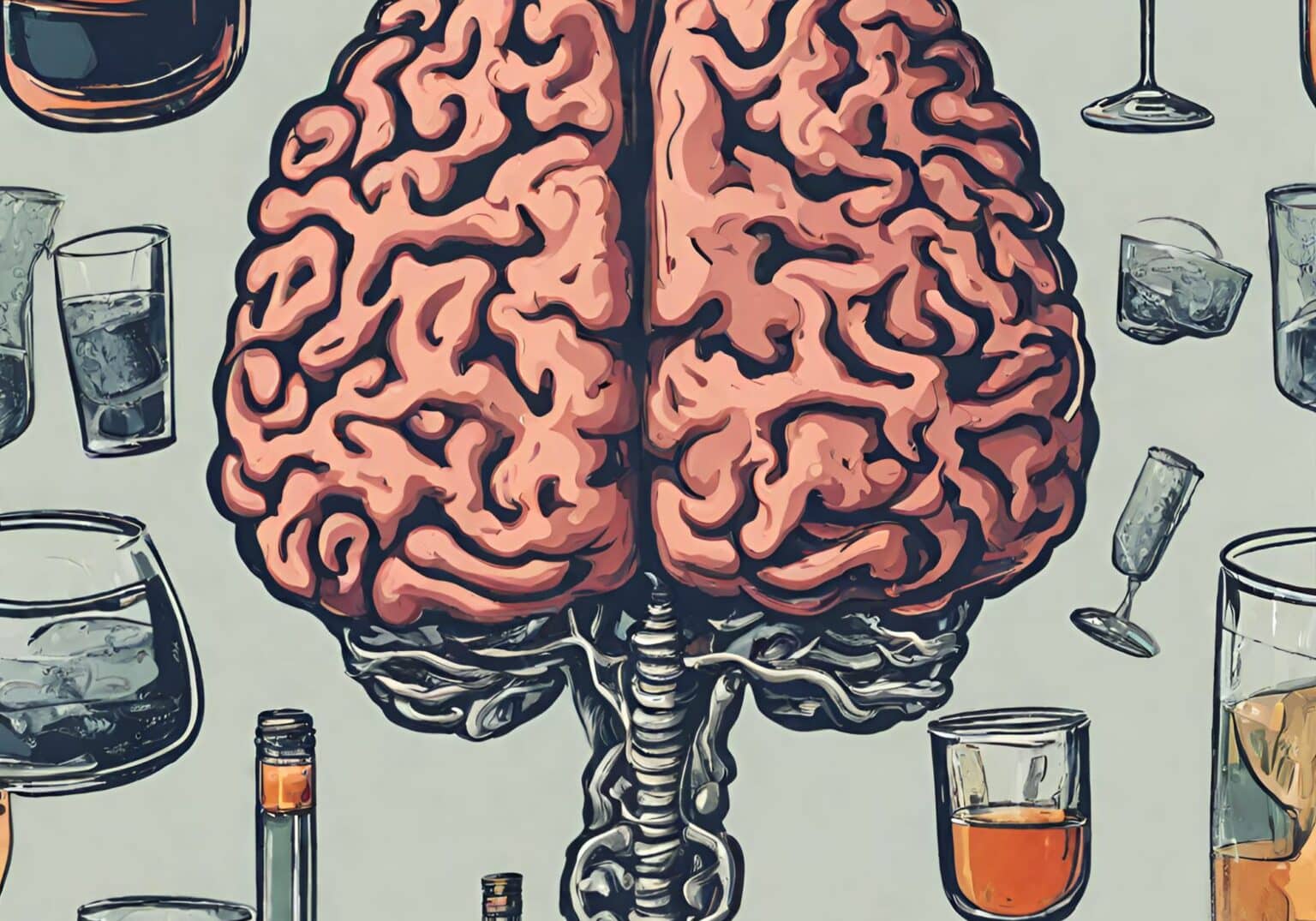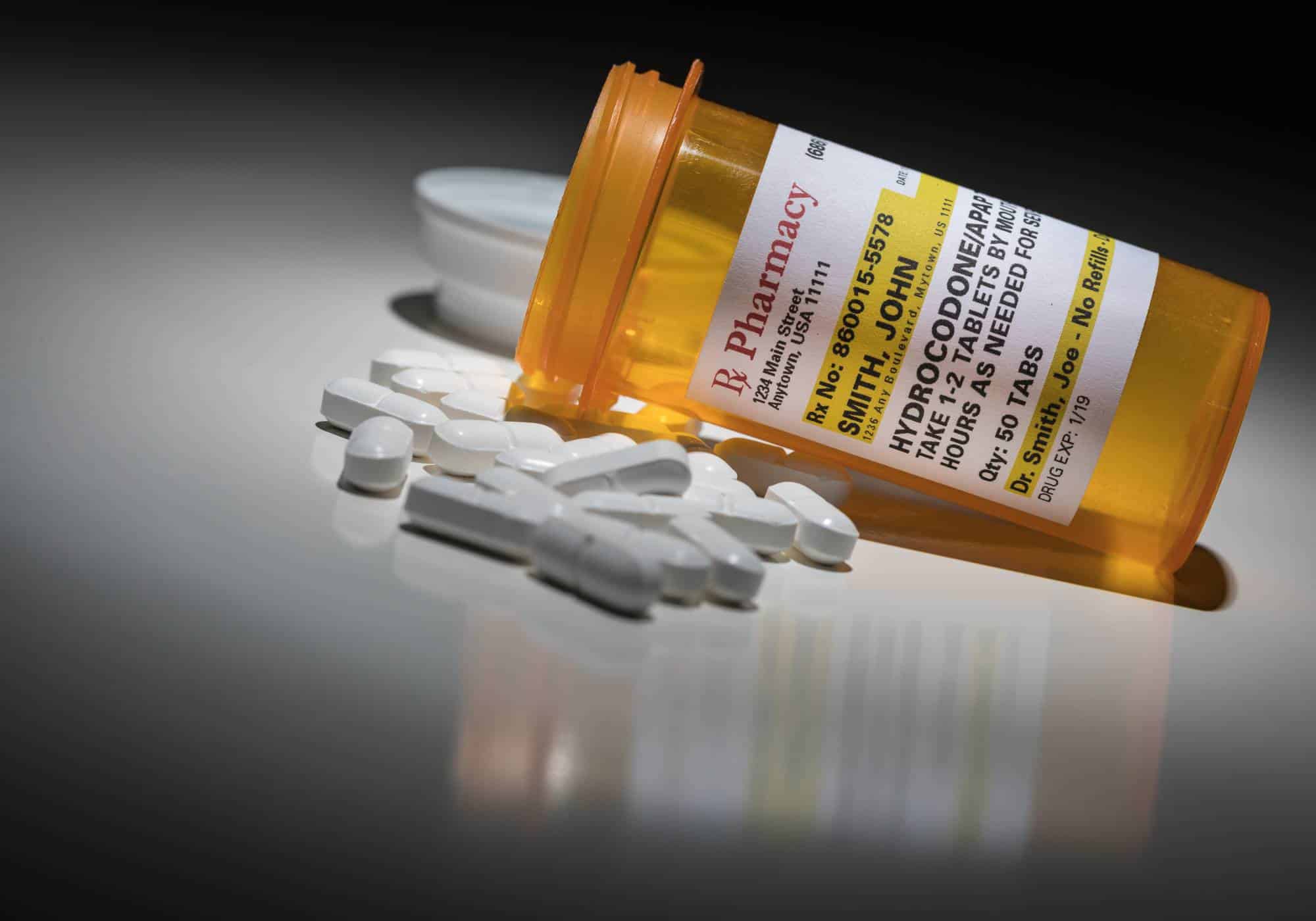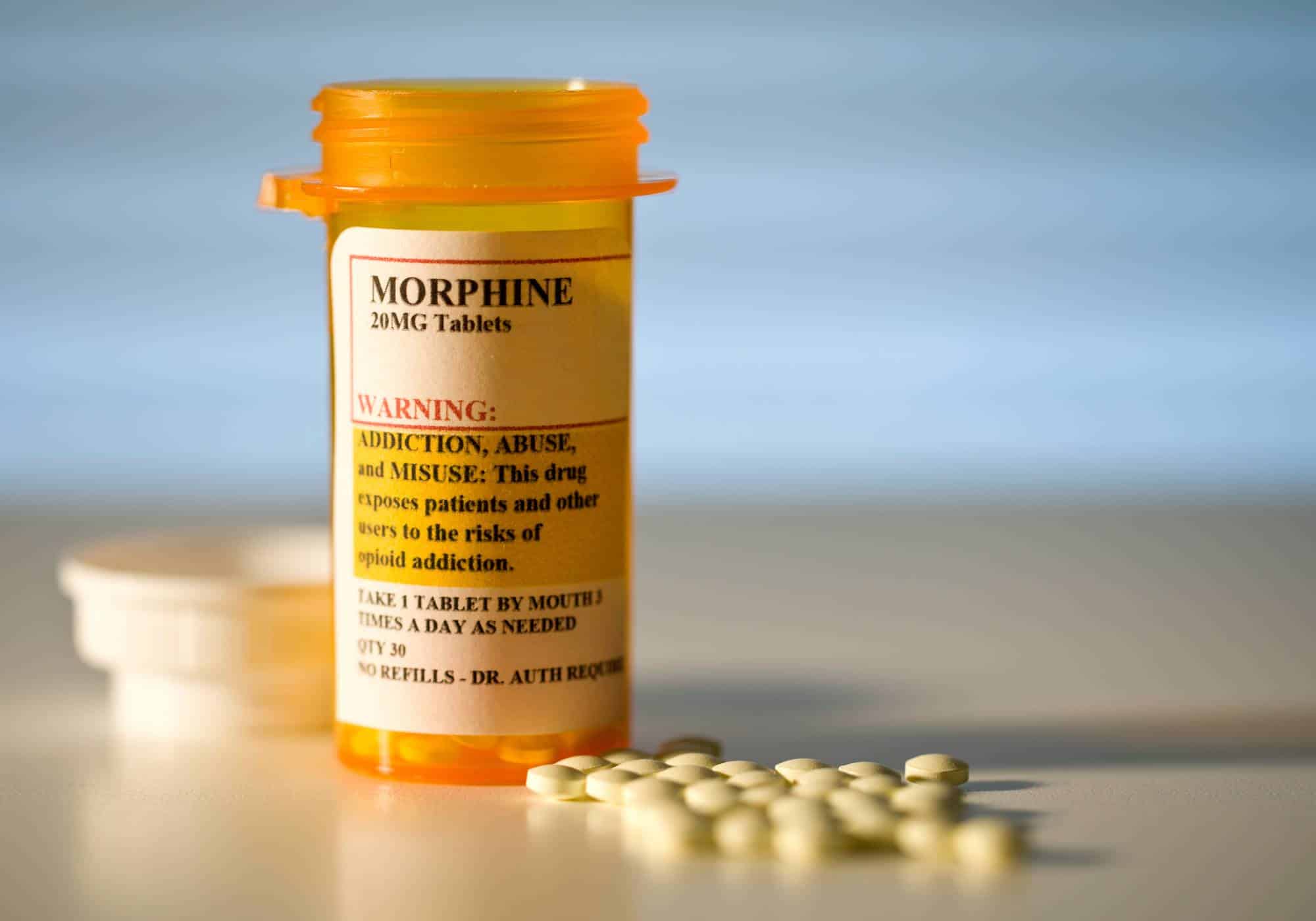Wernicke-Korsakoff syndrome (WKS), often known as wet brain, is a serious brain disorder stemming from vitamin B1 (thiamine) deficiency. This condition typically develops in those with inadequate nutrition, frequently seen among chronic, heavy alcohol users. Early detection and treatment can potentially reverse its symptoms, including confusion, impaired muscle coordination, and hallucinations. However, without intervention, WKS can lead to permanent cognitive and physical impairments.
Chronic alcohol abuse can cause a plethora of detrimental effects, ranging from social and professional setbacks to life-threatening health issues such as liver cirrhosis. Among these, wet brain syndrome represents a critical concern, as it signifies irreversible brain damage that emerges from prolonged alcoholism. While many alcohol-related health problems can be mitigated through cessation and appropriate medical care, the damage inflicted by wet brain syndrome is lasting and highlights the severe risks associated with long-term alcohol abuse.
What is Wernicke-Korsakoff Syndrome (Wet Brain Syndrome)?
Wernicke-Korsakoff syndrome (WKS) is a critical brain disorder that is often misrepresented by the term “wet brain,” a label that not only stigmatizes but also inaccurately suggests that the condition is a result of voluntary alcohol abuse. Such terminology can reinforce harmful stereotypes about addiction, implying it’s a choice rather than recognizing it as a medical issue, and potentially deterring individuals from seeking necessary treatment for WKS. This condition actually encompasses two distinct but related diseases.
Wernicke’s encephalopathy, the initial phase of WKS, is an acute and reversible condition marked by confusion, impaired muscle coordination, and unusual eye movements or vision changes. Following this, Korsakoff’s psychosis may develop, a chronic and enduring state that severely affects memory and learning capabilities, significantly disrupting daily functioning.
WKS primarily arises from a lack of thiamine, commonly due to prolonged excessive alcohol consumption, but can also result from malnutrition and certain medical conditions. Though WKS affects a small fraction of the general population, estimated at 1%-2%, the prevalence significantly increases, to approximately 12%-14%, among those with a history of chronic alcohol misuse, highlighting the importance of awareness and early intervention in preventing this debilitating condition.
How Does Drinking Cause Wet Brain Syndrome?
Wernicke-Korsakoff syndrome is a severe condition resulting from nutritional deficiencies, notably in thiamine (vitamin B1), which are frequently seen in individuals who engage in chronic heavy drinking.
The brain relies on thiamine to metabolize glucose for energy. A deficiency in this crucial vitamin leads to energy deprivation in the brain, manifesting as symptoms like memory impairment and coordination problems, hallmark signs of Wernicke-Korsakoff syndrome.
Chronic alcohol consumption plays a pivotal role in causing thiamine deficiency. Alcohol interferes with the body’s ability to absorb thiamine from the gastrointestinal tract, leading to progressively less thiamine absorption as alcohol use continues.
Furthermore, the lifestyle choices associated with severe alcohol use disorder often aggravate this deficiency. Poor dietary habits, characterized by irregular meal patterns and consumption of foods low in essential nutrients, compound the issue, further reducing thiamine levels and increasing the risk of developing Wernicke-Korsakoff syndrome.
Stages of Wet Brain Syndrome
Wet brain syndrome progresses through two distinct stages, each with its own set of challenges and outcomes. The initial phase, known as Wernicke encephalopathy, offers a window for reversal, while the subsequent phase, Korsakoff syndrome, results in irreversible changes.
Wernicke Encephalopathy
This initial phase is marked by brain inflammation and is a critical condition that demands immediate attention. Without timely intervention, Wernicke encephalopathy may either progress to the more advanced stage of wet brain, leading to irreversible damage, or it may be successfully treated, preventing further harm. This stage is particularly perilous due to its rapid potential to induce coma or death.
Korsakoff Psychosis
Also referred to as Korsakoff syndrome, this later phase signifies permanent neurological damage that eludes curative treatment. Though Korsakoff syndrome is less immediately fatal than its predecessor, it ushers in lasting cognitive impairments that typically necessitate lifelong care. This enduring stage of wet brain leaves individuals with significant memory and cognitive deficits, profoundly altering their capacity for independent living.
Wet Brain Symptoms
Wernicke-Korsakoff syndrome manifests through a spectrum of symptoms that range from subtle to severe. A distinct symptom of advanced stages is confabulation, where individuals unintentionally invent details to fill gaps in memory.
The condition can also lead to confusion or disorientation, making it challenging for affected individuals to recognize their situation and seek help.
Early Signs of Wet Brain Syndrome:
- Impaired balance or coordination
- Episodes of delirium
- Increased drowsiness
- Ataxia, leading to uncoordinated muscle movements
- Difficulty in maintaining a stable gait
- Lowered body temperature
- Cardiac issues, such as accelerated heart rate or reduced blood pressure
Visual Symptoms of Wet Brain Syndrome:
- Double vision
- Erratic eye movements (nystagmus)
- Paralysis of eye muscles (ophthalmoplegia)
- Dropping eyelids (ptosis)
Progression to Korsakoff Syndrome:
If Wernicke encephalopathy goes untreated, it may evolve into Korsakoff syndrome, which brings about persistent memory challenges. Indicators of this transition include:
- Significant memory loss
- Challenges in creating new memories
- Changes in behavior, including irritability or aggression
- Persistent confabulation
- Persistent delirium and disorientation
- Extreme fatigue and lethargy
- Hallucinations
- Difficulty concentrating
- Challenges with mobility
Some symptoms may not improve even with intervention. In the most severe cases, individuals may enter a coma.
Should you or someone close to you exhibit symptoms indicative of WKS or lose consciousness, it’s critical to contact a healthcare professional or dial 911 without delay.
Signs of Wernicke-Korsakoff Syndrome
WKS manifests through a spectrum of symptoms that not only hallmark its stages but also signal its progression. Identifying these signs is crucial for timely intervention and management. Key signs of wet brain syndrome include:
- Severe Memory Loss: Those affected by WKS typically struggle with profound memory lapses, finding it hard to remember recent events or retain new information, resulting in significant gaps in memory.
- Emotional Volatility: Individuals may exhibit emotional instability, characterized by unpredictable mood swings, irritability, or sudden outbursts of anger, complicating their social interactions and behavior.
- Challenges with Daily Activities: As the condition progresses, simple tasks like maintaining personal hygiene, preparing meals, or managing household duties become daunting, diminishing the individual’s autonomy.
- Communication Hurdles: Wet brain syndrome can lead to noticeable difficulties in language and speech, such as finding the right words, constructing sentences, or understanding complex conversations, affecting effective communication.
- Motor Function Impairment: Symptoms may include muscle weakness, tremors, and impaired coordination, making even basic physical activities challenging and affecting stability.
- Sensory Disturbances: Some individuals experience visual issues, like blurred vision or light sensitivity, and auditory difficulties, including noise sensitivity or trouble processing sounds, further impacting their sensory experience.
Early recognition of these symptoms is vital. Prompt medical care can mitigate the syndrome’s advance and enhance life quality for those afflicted. The outcome significantly depends on swift diagnosis and comprehensive treatment, highlighting the importance of immediate medical attention to lessen symptom severity.
How Dangerous is Wet Brain Syndrome?
Wet brain syndrome poses a serious health risk, with untreated cases resulting in death in approximately 10–15% of instances. Without prompt treatment, the condition can cause irreversible brain damage, a consequence that persists even if alcohol consumption ceases and thiamine levels are restored.
Can Wet Brain Kill You?
Wet brain syndrome can indeed be fatal. The condition underscores the critical need for early detection of Wernicke-Korsakoff syndrome to mitigate the escalation of symptoms or the emergence of more grave complications.
Fatalities associated with wet brain typically stem from the progression of Wernicke’s encephalopathy when it remains unaddressed. This highlights the urgency of recognizing the early signs of this syndrome to prevent its advance and potentially life-threatening outcomes.
Who is Most at Risk of Developing Wet Brain Syndrome?
Individuals who engage in heavy alcohol consumption over extended periods face the highest risk of developing wet brain. For men, heavy drinking is categorized as consuming more than four drinks on any single day or exceeding fourteen drinks over a week. Women are considered heavy drinkers if they consume more than three drinks in a single day or more than seven drinks in a week.
Can You Develop Wet Brain From Alcohol?
While Wernicke-Korsakoff syndrome can arise from factors other than alcohol abuse, the specific term “wet brain” is exclusively associated with the syndrome resulting from alcohol consumption. Therefore, wet brain is a condition directly linked to alcohol use. Although not all alcohol consumers will experience wet brain, alcohol remains the sole cause of this specific syndrome.
Can Wet Brain be Reversed?
If detected and treated in its early stages, wet brain is potentially reversible. Initially, the syndrome causes brain inflammation that can be effectively counteracted with timely thiamine supplementation. However, if the condition evolves unchecked, the ensuing inflammation leads to permanent damage that remains irreversible, regardless of subsequent treatment efforts and discontinuation of alcohol use.
Preventing Wet Brain Syndrome
Wet brain syndrome, though not prevalent in the general populace, particularly in well-nourished societies like the United States, predominantly affects individuals with a history of long-term excessive alcohol consumption.
This condition, while rarer than other alcohol-induced health issues, wreaks significant havoc on those affected. Early intervention is crucial for individuals showing initial symptoms of wet brain syndrome to halt its progression. However, successful treatment requires not only timely medical intervention but also complete abstinence from alcohol to avert advancing to Korsakoff psychosis, the more severe phase of the syndrome.
Regrettably, for many reaching this advanced stage of alcohol dependency, cessation of alcohol use is a challenging milestone. The most effective measure against wet brain syndrome is proactive prevention, emphasizing the need for early and comprehensive treatment of alcoholism to avoid the severe outcomes associated with this syndrome.
Alcohol Addiction Treatment in Atlanta, GA
Overcoming alcohol addiction is a critical step towards a healthier life. If you or a loved one is grappling with this challenge, seeking professional help is paramount. The withdrawal process from alcohol can be dangerous, underscoring the need for medical expertise during detoxification. Ready to start the recovery journey? Our outpatient alcohol treatment program at Hope Harbor Wellness is here to assist.
At Hope Harbor Wellness, we engage with both the individual and their family to evaluate the situation comprehensively and craft a customized approach to achieving sobriety. Renowned as one of Atlanta’s premier facilities for addressing Alcohol Use Disorder, we’re equipped to support your recovery journey from day one.
Alcohol addiction doesn’t have to define your life. Early intervention and the right support system can drastically improve your recovery outcomes. Our dedicated team is committed to guiding you away from alcohol dependency towards a vibrant, healthy future. Reach out to us at 678-929-6304 to discover how our specialized alcohol rehab programs in Atlanta, GA, can cater to your unique situation.












